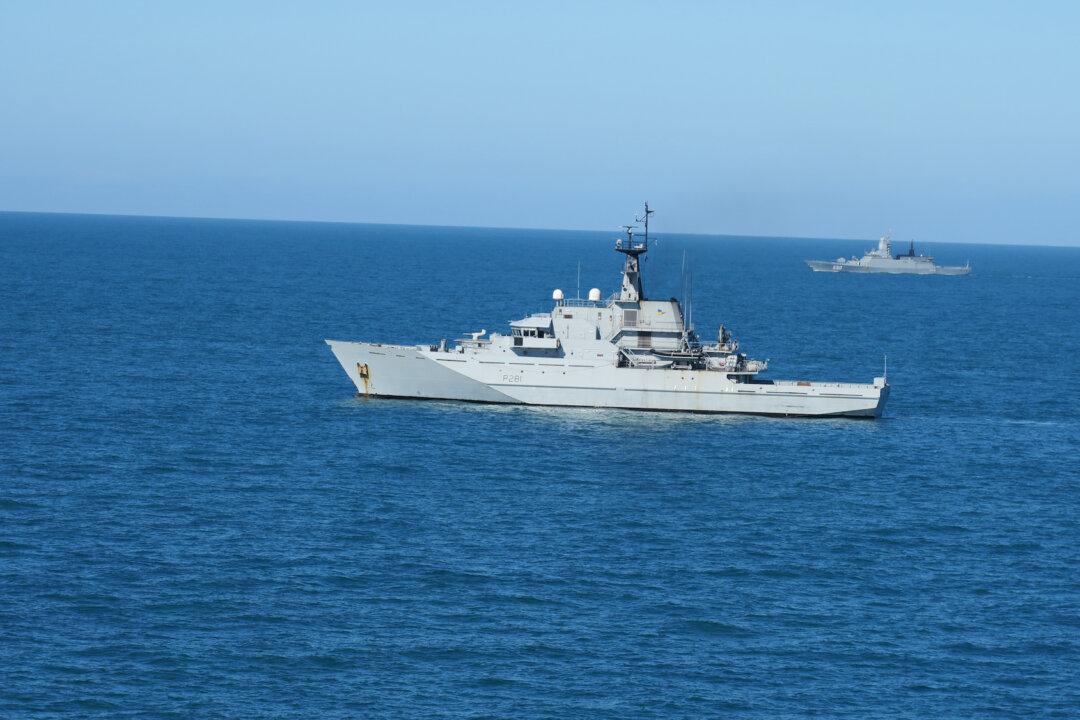Britain’s Navy said on Thursday it had shadowed seven Russian warships after detecting high levels of activity by Russian vessels off its coastline.
“The Navy has completed a concentrated operation to shadow the Russian warships after unusually high levels of activity in the English Channel and North Sea,” the Royal Navy said in a March 26 statement.





